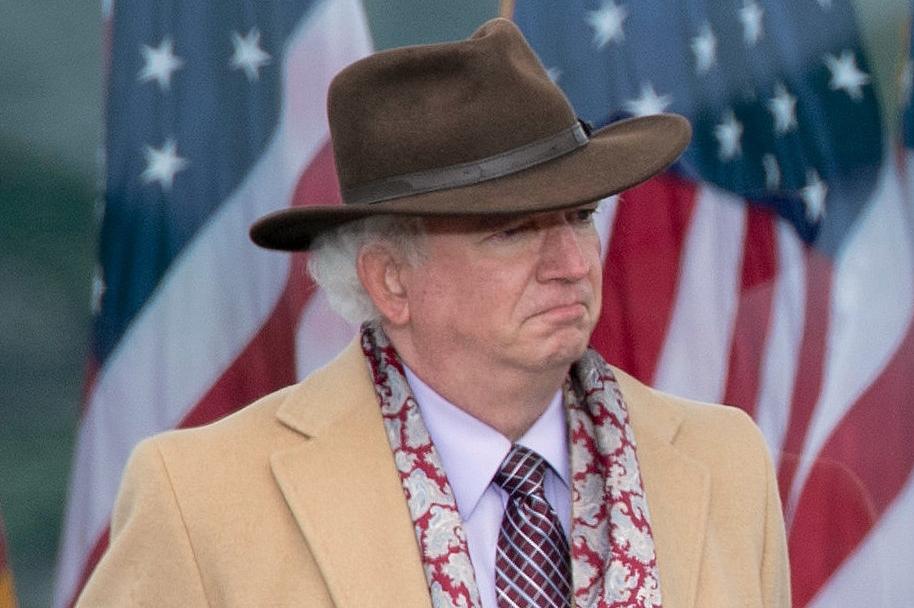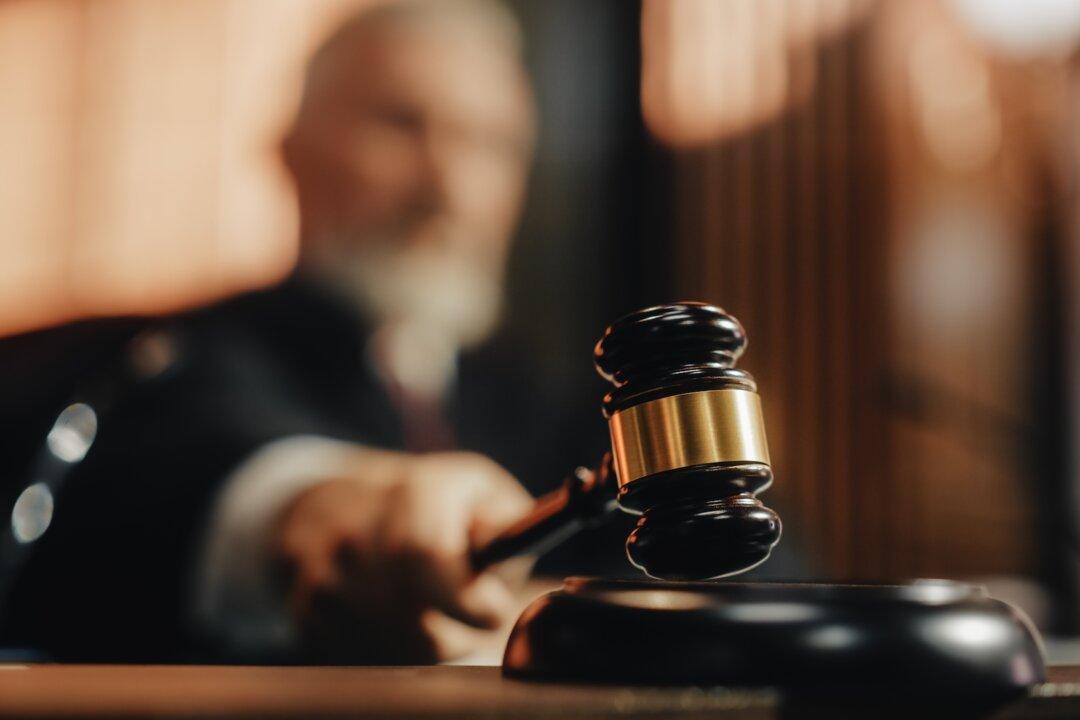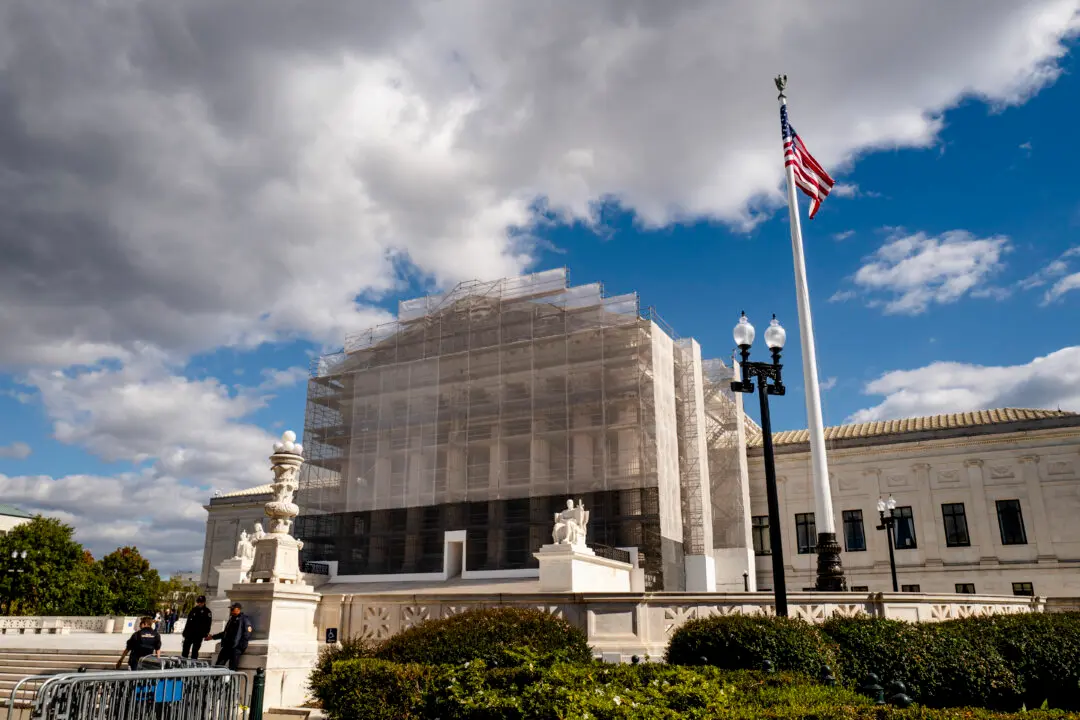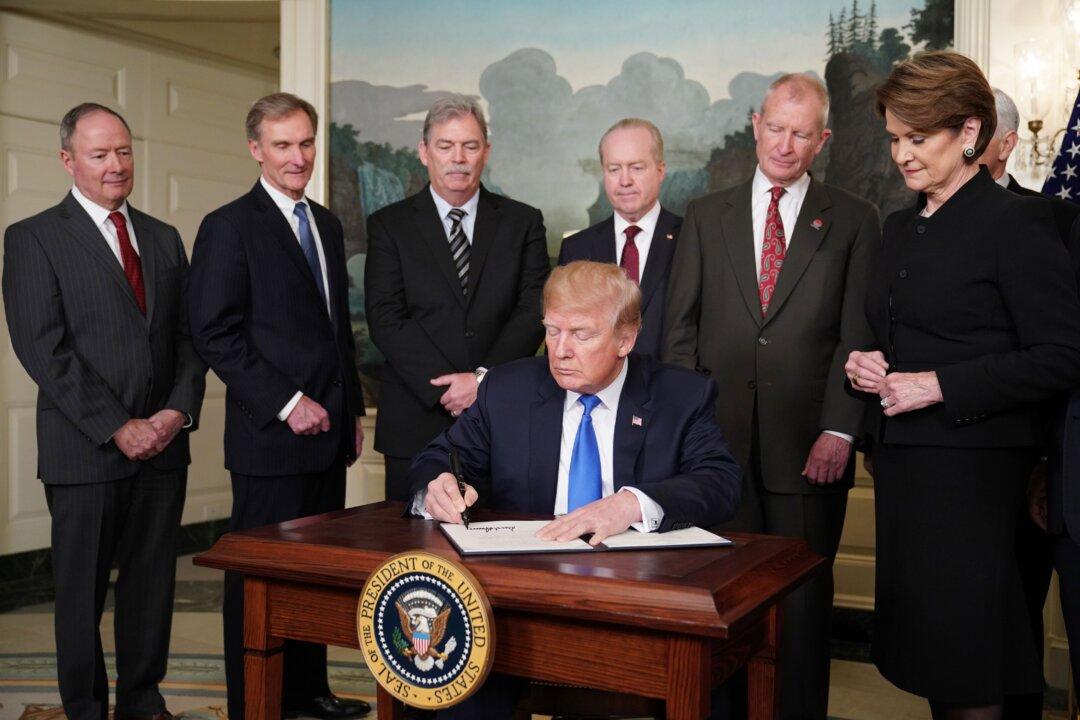Commentary
Americans are witnessing attacks by the “progressive” left on some of our oldest and most treasured rights. These include not only constitutional rights, such as free speech and freedom of religion, but some that are even older than the Constitution itself.





